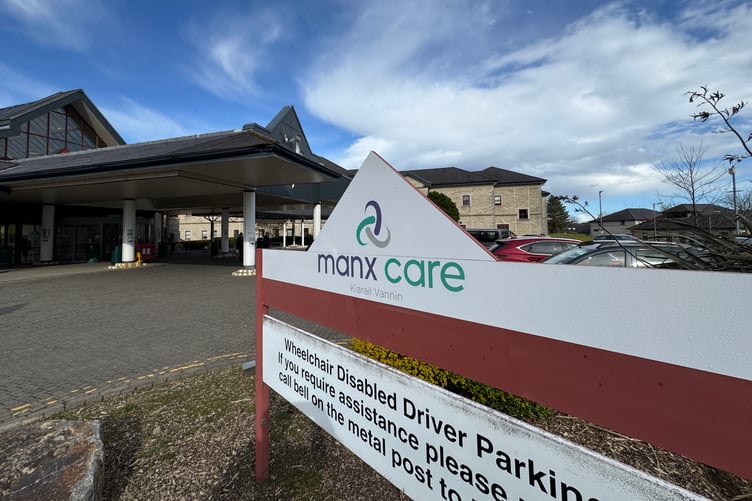The Isle of Man Medical Society (IOMMS) has said the system of health and social care governance is ‘not fit for purpose’ and requires urgent reform.
Its comments follow the publication of an independent review into the arm’s-length arrangements between Manx Care and the Department of Health and Social Care (DHSC).
In its response to the MIAA Governance Review, the society said the findings had validated long-standing concerns raised by medical professionals about weaknesses in governance capacity, commissioning expertise, financial oversight and the lack of meaningful engagement with clinicians.
It said it now stood ready to support ministers and Tynwald in establishing a medically-led governance structure capable of delivering the services the island needs.
The review itself will be debated at December’s Tynwald sitting.
It assesses how the current model is operating and sets out four strategic options: do nothing, scrap Manx Care, fully implement the recommendations of the Sir Jonathan Michael report, or strengthen partnership arrangements between Manx Care and the DHSC.
Doing nothing is ruled out, while consultants MIAA say there is minimal appetite for reverting to the system that existed before Manx Care was created in April 2021.
However, DHSC interim chief officer Professor Tim O’Neill said members could still consider that option after consultation. He said the report was clear about areas that required attention and provided ‘a clear steer’ on where improvements were needed.
In its published response, the Medical Society said the review recognised many of the issues it had consistently highlighted.
It stated: ‘This review has recognised many of the issues that we have consistently identified as requiring urgent improvement.
‘The IOMMS feels vindicated that the review has confirmed many of the deficiencies we have long highlighted, particularly around governance capacity, commissioning expertise, financial oversight, and the lack of meaningful engagement with medical professionals.’
The society said it supported the statutory board model but believed fundamental change was required to how Manx Care is governed and how the DHSC exercises oversight.
It said: ‘Our vision is clear: Manx Care must be patient-centered, doctor-led, supported by nurses and allied health professionals, and facilitated, not directed, by management, overseen by an island-based board that is accountable to Tynwald.’
While it welcomed constructive engagement with the Minister for Health and Social Care and the Chief Minister, it said the composition of the Manx Care board and its engagement with clinicians ‘must fundamentally change’.
It endorsed the review’s conclusion that the current governance arrangements were not functioning as intended.
The MIAA review says the island’s size, governance and funding structures have limited Manx Care’s ability to operate as a truly arm’s-length body.
It identifies the annual funding allocation as a major challenge and notes that recommendations from the Sir Jonathan Michael report relating to the funding model have seen little progress. As a result, the focus has remained on reducing in-year overspends rather than enabling longer-term planning.
It also says the DHSC’s existing governance arrangements do not meet ministerial needs around engagement, information sharing and holding Manx Care to account, partly due to the absence of a DHSC director of finance. The report notes this highlights the risk of role duplication, as Manx Care already has its own finance director.


.jpeg?width=209&height=140&crop=209:145,smart&quality=75)
.jpeg?width=209&height=140&crop=209:145,smart&quality=75)
